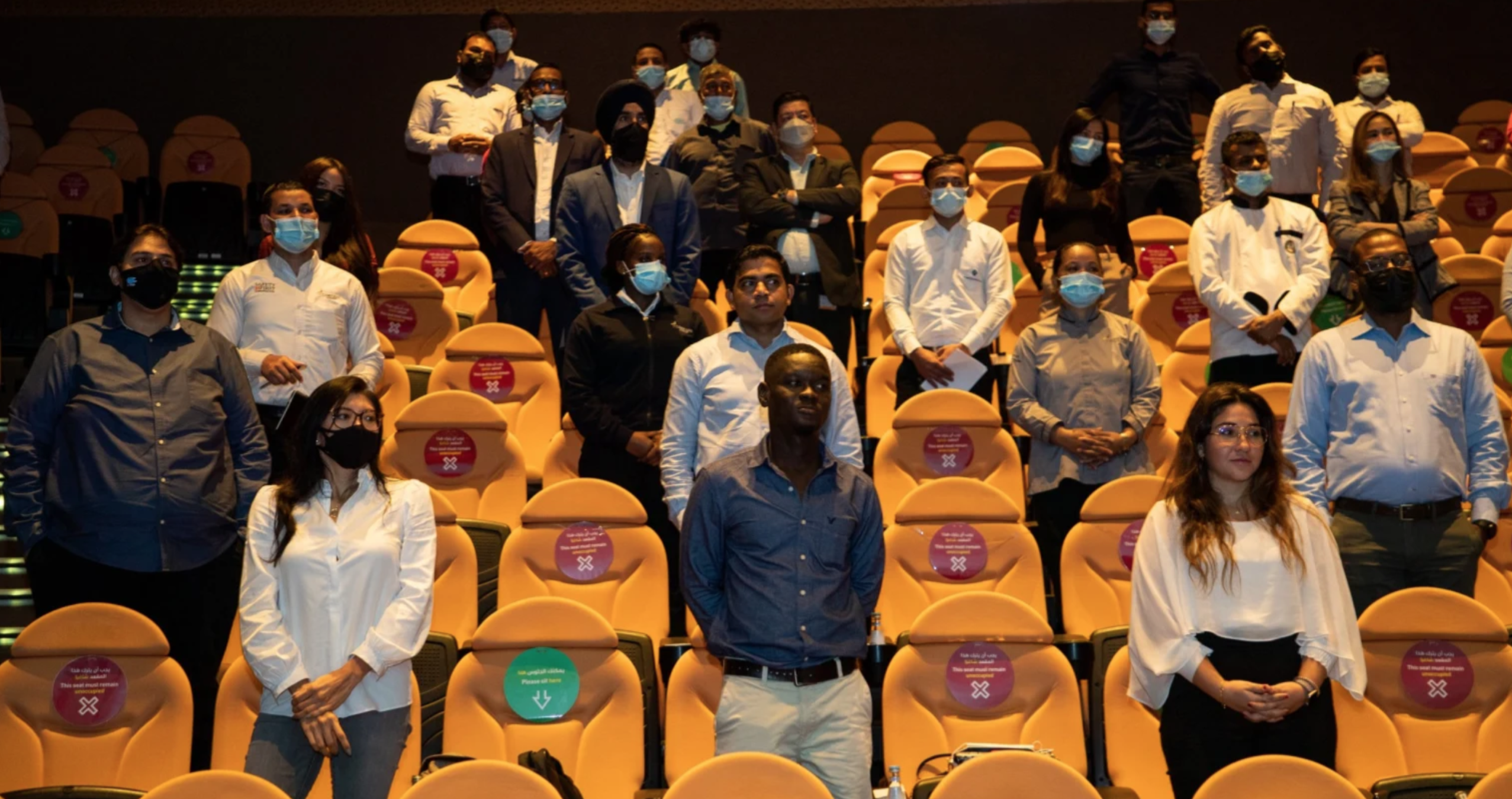The Tashawor platform was established by Qatar Foundation, which continues to be force for progressive change.
Qatar Foundation’s (QF) Tashawor committee, a 30 member joint body of 15 elected worker representatives and 15 employers representatives, has kicked off its second term of operation with an extensive session on workplace rights.
As a part of a joint effort by QF, the Ministry of Labour and the International Labour Organization (ILO), several QF contractors took part in an extensive training session on labour rights in the Gulf state.
Platforms such as Tashawor are rare in Qatar, but are gradually being introduced to the Gulf state in efforts to protect labourer rights.
The platform acts as a multiparty social dialogue platform in order to facilitate change and communication between workers, employers and other involved governmental or organisational bodies.
Joint labour committees in Qatar are being established to ensure that workers’ rights are being implemented to Qatar’s population of more that two million migrant workers that make up almost 95% of the country’s total labour force.
The committees aim to listen to the grievances of the workers, which if left unattended would lower the morale of the labourers.
‘Frustrated’ Bayern Munich fans protest club’s partnership with Qatar Airways
The Tashawor joint committee represents thousands of workers and labourers within and under QF.
Among the workers’ representatives from Tashawor were Karthik Mandal, a craft worker from Nepal who represents 130 workers, and Baiju Thankachan, a pastry chef from India – both of whom work for a facilities management service provider at QF.
“At first, I did not understand what it’s all about. Thanks to QF, the International Labour Organization (ILO) and the Ministry of Labour, we attended many information and training sessions to learn about the importance of having this joint committee and how this platform can help raise our concerns to resolve issues with our employers,” said Thankachan.
Thankachan and Mandal are responsible for one clear objective, to amplify the voice of the workers and improve their welfare.
“By voting for me, my fellow workers placed their trust in me which is a great feeling but also comes with great responsibility. I represent around 130 workers and I make sure I regularly have one-on-one chats with each of them to find out if they are facing any issues that I or the committee can help solve,” said Mandal.
Open negotiations between the workers’ representatives and employers have led to a number of notable improvements in labour relations.
“QF set the tone when it first made joint committees a mandatory requirement of its contractors. Regular dialogue between management and workers at contractor and QF levels, the latter through the Tashawor platform, can strengthen the implementation of labour reforms that Qatar has embarked on in recent years,” said Technical Specialist for Social Dialogue at the ILO Office in Doha Marie-Jose Tayah.
“Employers are consulting with workers about company policies and procedures before their roll-out to identify possible negative impacts on workers’ living and working conditions. At the individual level, we have noticed a considerable improvement in workers confidence levels and communication skills, and in management’s employee engagement skills, empathetic listening and communication,” added the ILO specialist.
On QF’s side, the foundation is confident it was able to create platform to work with MADLSA and the ILO on issues that matter closely to workers.
“Building strong health and safety standards takes time and requires support and cooperation from a wide range of stakeholders across QF, and the Joint Committees are an important step in this direction,” said Executive Director of QF Health, Safety and Environment, QF Worker Welfare Specialist Stephen Brigg.
In April 2019, MADLSA announced a decision to regulate the conditions and procedures for the election of workers’ representatives to joint committees.
In May, a unified platform to allow for workers’ complaints and disputes was launched by the Ministry of Administrative Development, Labour and Social Affairs (MADLSA).







